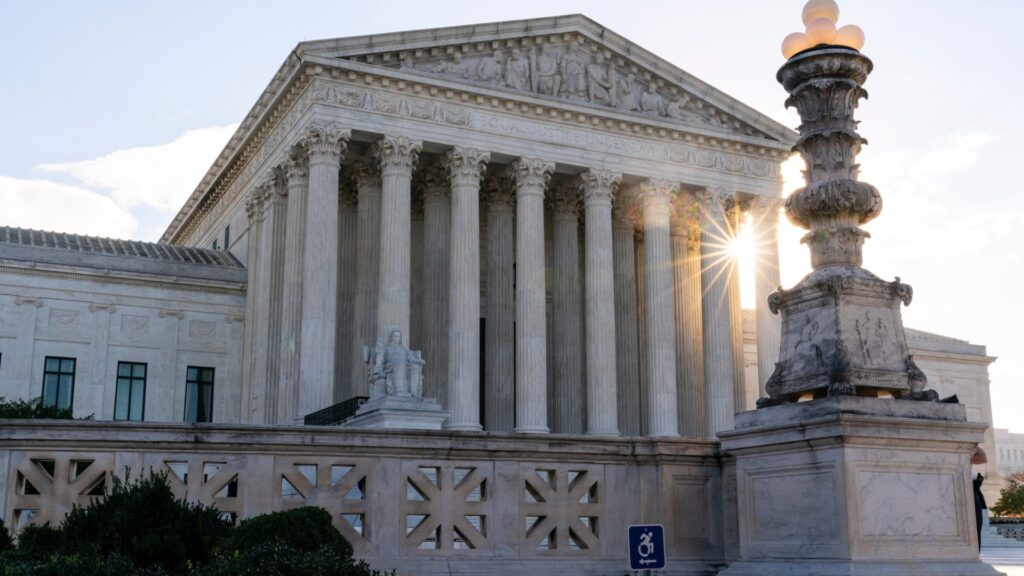“Judge Your Kin Fairly”: The Jewish Response to Cancel Culture
Adin Linden
In the modern age, the advent of social media has brought with it a new form of collective punishment, which, unfortunately, many Americans are all too familiar with. People who make mistakes, primarily online but sometimes elsewhere, are “canceled.” This has become a key part of American culture and society. Sometimes these instances are innocuous or even comical, like the case of a man who was bashed on Twitter for buying too much hand sanitizer in early 2020. Other times, these cancellations are life-altering and career-ending. “Imagine waking up with the whole world talking about you because your mistake, your secret, has now been made public,” says Monica Lewinsky in her documentary 15 Minutes of Shame. The shame that stems from cancel culture is especially dangerous because of the disconnect that is permitted by the internet. With the human emotions and physical interactions removed, being online leaves people free to judge and shame others without remorse. Now, should Jews take part in this culture of shame, so prevalent in 21st-century American life, or would Jewish tradition say this is taking accountability too far?
“You shall not render an unfair decision: do not favor the poor or show deference to the rich; judge your kin fairly,” says Leviticus 19:16. The Torah does not tell us that Jews cannot judge others, only that we must judge them fairly. When people are “canceled,” are they being judged fairly? I would argue for a qualified yes. There are times when shame is the correct response. Although Jewish tradition tells us to judge others fairly, there are situations when Judaism does allow for the public shaming of a person.
The Rabbis clearly see the disease of tzaraat as a form of permissible shame. Sins bring on the terrible disease, and people who developed the illness would be forced out of their tribe, a form of public shaming. However, I think this is very different from the shaming of cancel culture. While tzaraat is a punishment coming from an impartial heaven, shame from cancel culture comes from people on the internet voicing their opinion, often without facts or context. Judaism places its trust in God to make judgments, while cancel culture leaves justice in the hands of uninformed mobs.
Cancel culture can also be a positive form of shame when it comes as a necessary punishment for reprehensible actions. Last year, when popular artist and rapper Kanye West made extremely anti-Semitic remarks and went on tour with a white supremacist and anti-Semite, he was “canceled.” This included him losing many of his brand deals—and lots of money. He was effectively shamed and punished for things that he did and words that he said. In the Orthodox community, there is a culture of shaming men who refuse to give their wives getts, which are needed to ensure women’s autonomy in the divorce process. Both of these examples prove that sometimes “cancel culture,” or a culture of shaming those who deserve it, is positive for a community or society. These people are judged fairly, following the values of Leviticus and Pirkei Avot.
Most of the time, however, cancel culture goes much further, and directly opposes the Jewish value of judging people with fairness. People are usually not given a second chance after they are “canceled,” and most are not given the opportunity to apologize or learn from their mistakes. The social media shame storm removes any chance for growth after a misstep. For example, a Hispanic truck driver for San Diego Gas & Electric Company was fired after posts on Twitter made it look like he was doing a white supremacist hand signal. Before he could even explain that he was obviously not, the pictures were sent to his company, which swiftly fired him without discussion. Without consideration, this culture of unjustified shame took down an innocent man because it looked like he was doing an offensive hand signal. In every such situation, people get angry and the echo chamber around them online does the same, which creates a mob mentality and distracts from the truth. There is no room for an apology, growth, or even just the facts.
While I believe that Judaism values accountability and punishment for each individual’s actions, American culture has taken that too far with the emergence of “cancel culture.” Judaism, while valuing just punishment, also warns against rushing to judgement, which is a concern usually not expressed by those who wish to “cancel” others. Judaism also puts the judgment of God – impartial judgment – above a mob mentality. As Jews, we must realize that although sometimes it might be easier to jump to conclusions, our tradition dictates that we have to judge everyone with righteousness.
Mr. Adin Linden is a junior at High School of American Studies at Lehman College in Bronx, New York. He resides in the Bronx.
Suggested Reading

The Tanakh Roots of Core American Values
To many, what constitutes American values is obvious: private property, civil liberties, the rule of law, and political equality, to name a few. But these values are hardly exclusively American. In fact, these notions are often the extension of ideas first found directly in the Tanakh.

A New Viewpoint on Diversity
Often, it seems that the people who talk about diversity never visit diverse communities. People seem to think that diversity is based on how one looks. True diversity is not about how someone looks, but how they act.

The Dangerous Descent of American Free Speech
Decisive action must be taken in the fight against individual liberties - the future of the American experiment our Founders fought to preserve is at stake.

“Judge Your Kin Fairly”: The Jewish Response to Cancel Culture
The internet leaves people free to judge and shame others without remorse. Should Jews take part in this culture of shame, or would Jewish tradition say this is taking accountability too far?